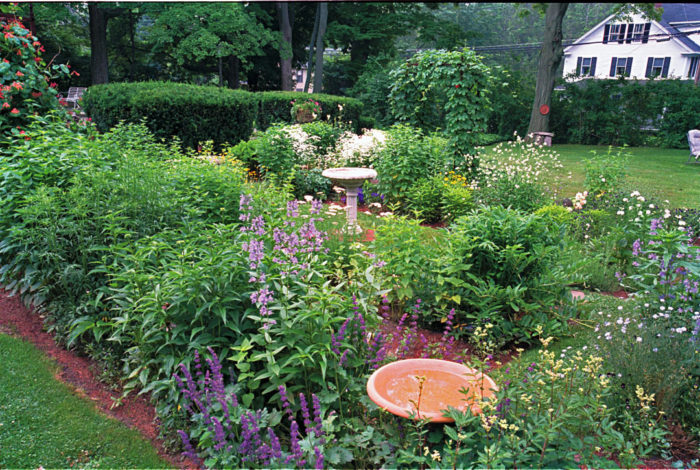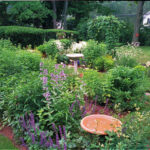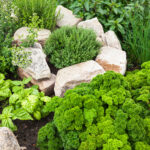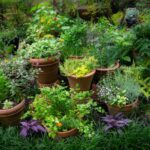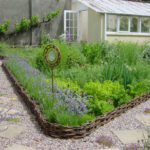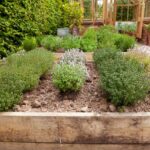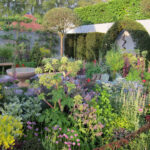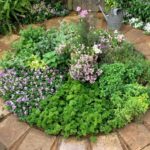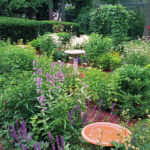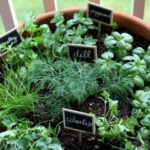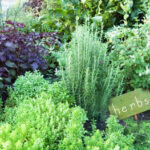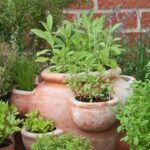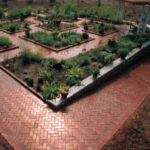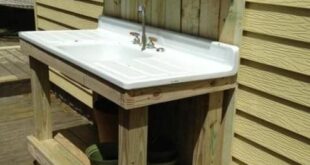Herb gardening is not only a great way to bring fresh flavors to your dishes, but it’s also a rewarding and therapeutic hobby. If you’re looking to start your own herb garden but don’t know where to begin, we’ve got you covered with this ultimate guide to get you started.
1. Choose the right location: Herbs need plenty of sunlight to thrive, so it’s essential to choose a location that gets at least 6-8 hours of sunlight per day. If you don’t have a sunny spot in your yard, consider using containers that can be moved around to follow the sun.
2. Select your herbs: When choosing which herbs to grow, consider the culinary herbs you use most often. Some popular choices for beginners include basil, mint, parsley, thyme, and chives. You can also choose herbs based on your personal preferences and cooking style.
3. Prepare your soil: Herbs prefer well-draining soil that is rich in organic matter. If your soil is not ideal, consider amending it with compost or potting mix to improve drainage and fertility.
4. Plant your herbs: Once you have chosen your herbs and prepared your soil, it’s time to plant. Some herbs, like mint and chives, can be easily grown from seed, while others, like basil and rosemary, are best started from transplants. Follow the planting instructions on the seed packet or plant tag for best results.
5. Water and fertilize: Herbs need regular watering to thrive, especially during hot, dry weather. Be sure to water deeply and consistently to encourage healthy root growth. Additionally, you can fertilize your herbs with a balanced fertilizer every few weeks to promote growth and flavor.
6. Harvest your herbs: The best part of growing your own herb garden is being able to harvest fresh herbs whenever you need them. To harvest your herbs, simply snip off a few sprigs or leaves as needed, being careful not to remove more than 1/3 of the plant at a time.
7. Preserve your herbs: If you have an abundance of fresh herbs, consider preserving them for later use. You can dry herbs by hanging them upside down in a warm, dry place, or freeze them in ice cube trays with a little water for easy use in soups and stews.
Starting your own herb garden is a fun and rewarding endeavor that can provide you with fresh, flavorful herbs year-round. Follow this ultimate guide to get started, and soon you’ll be enjoying the fruits of your labor in the form of delicious dishes seasoned with your own homegrown herbs.
